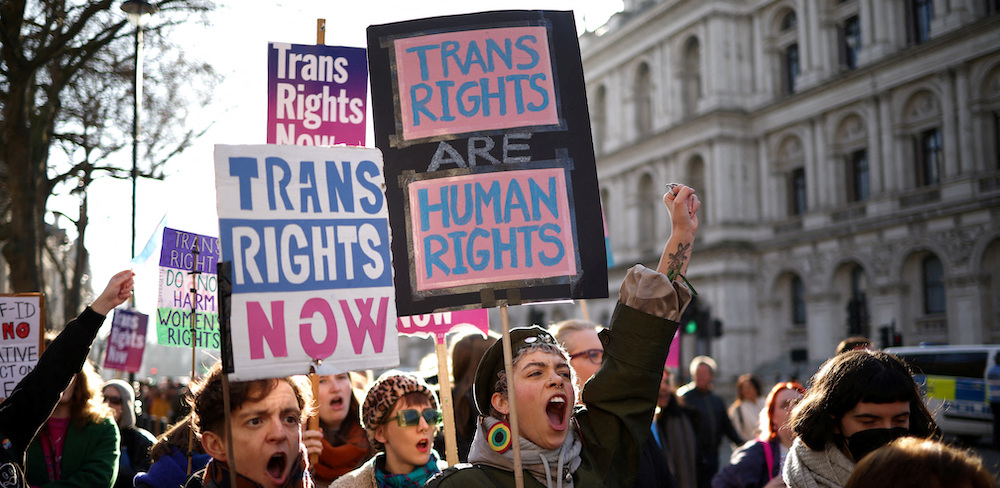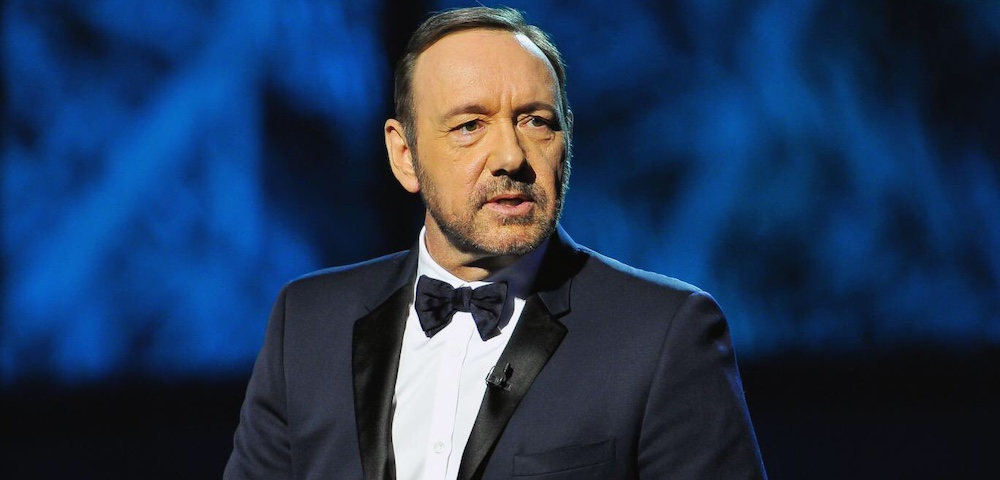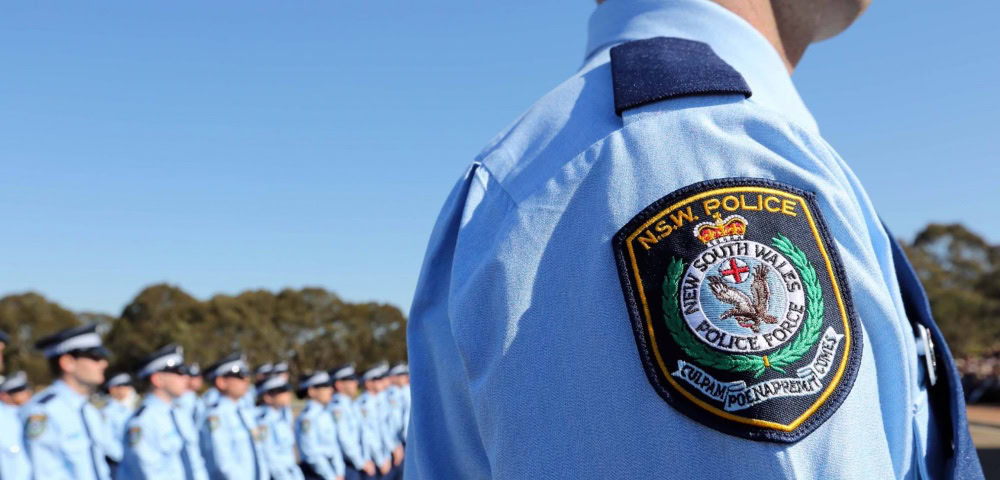
UK High Court Rules Police Attending Pride Unlawfully Endorsed ‘Political Cause’

In a decision that has sparked widespread concern from LGBTQIA+ communities and allies, the UK High Court has ruled that the Chief Constable of Northumbria Police acted “irrationally” and breached a duty of impartiality by authorising uniformed officers to participate in the 2024 Newcastle Pride parade.
Justice Thomas Linden handed down the judgment on Tuesday, finding that the presence of uniformed police at the community event amounted to an institutional endorsement of “a political cause”.
The ruling followed a legal challenge brought by Linzi Smith, a self-described “gender-critical” activist, who claimed that police participation in the event was a breach of impartiality laws because it promoted “gender ideology”.
“It is terrifying to live in a community where the police have abandoned their duty of impartiality and embraced a highly controversial political cause,” said Smith.
The High Court ruling about Northumbria police at Pride
Justice Linden concluded that Chief Constable Vanessa Jardine, who had approved her officers’ Pride participation, had acted unlawfully.
“[Chief Constable Jardine’s] participation in the march was likely to be seen, and may well have been intended to be seen, as expressing the support of the head of the force for the views and the cause which the march sought to promote, and therefore as indicating the position or perspective of the force as an organisation,” said Justice Linden.
The judgment pointed to slogans visible at the event, including “Trans women are women” and “Trans rights are human rights”, as examples of political messaging. The ruling concluded that marching in uniform amounted to an institutional “alignment with a contested political position”.
Linden noted that the case was not “about whether views or statements made in the course of the Pride march were right or wrong” but rather about whether a publicly funded body could be seen to be taking a side in a contested debate.
“The claimant describes herself as a lesbian who is ‘gender critical’. She believes that a person’s sex is an immutable characteristic and that ‘gender ideology’, which recognises a person’s gender identity, is ‘wrong and dangerous’,” Justice Linden wrote in his judgment.
“Her evidence is that gender ideology has been embraced by the organisers of the event … and was supported by many of the participants in the event, who also strongly oppose gender-critical beliefs.
“She objects to what she sees as the force and/or members of the force associating themselves with the views of supporters of gender ideology and transgender activists by actively participating in the event.”
Anti-trans group Fair Cop claims victory
The case was supported by anti-trans lobbying group Fair Cop, which has consistently challenged police and public service support of LGBTQIA+ events and inclusion policies. The group’s founder, former police officer Harry Miller, submitted a witness statement in the case, claiming police were engaging in “a one-sided expression of political support for the LGBTQ+ community”.
Miller has previously been investigated by UK police for alleged anti-trans social media posts and has made headlines for pushing the idea that public support for LGBTQIA+ rights is inherently political. Fair Cop has been central to a series of recent campaigns aimed at restricting visibility and inclusion of trans people across UK institutions, often framing trans rights as an ideological conflict rather than a human rights issue.
The group welcomed judgment as a “landmark” win.
Community backlash to court ruling on police support for Pride
Northumbria Police defended their decision to support the Pride march, saying in a statement:
“We recognise not all communities share the same level of confidence in policing for a variety of reasons. We want to ensure everyone knows that we are absolutely here for them when they need us.
“Part of that is us being visible in those communities and playing an active part in our force area. Throughout the year, we will have an important role to play in a variety of events, including parades and festivals.
“During these events, while our primary aim is to keep people safe, it also provides us with an opportunity to engage with people, including those who may have less confidence in policing. It is vitally important they feel supported and we continue to build their trust in us.”
LGBTQIA+ advocates have been swift to condemn the ruling, warning that it risks further marginalising trans people and emboldening anti-trans campaigners.
While the judgment may technically apply to other public bodies such as the BBC, some legal observers have pointed out the worrying implications of treating support for inclusion and visibility of a marginalised group as inherently “political”.
Police departments across the UK are now reportedly review their community engagement policies, and trying to figure out how far this scope extends. An anonymous source within the police told the Guardian they’d heard concerns that if anyone could object to them attending community events, police forces could potentially not be officially represented at Remembrance parades, events for the armed services, or religious celebrations.
Ongoing attacks on trans rights in the UK
This ruling is the latest in a string of increasingly hostile developments targeting the rights and recognition of trans people in the UK. While anti-trans rhetoric has been building in British political and media discourse for several years, many advocates say the pace has accelerated dramatically since April, when the UK Supreme Court ruled that the legal definition of “woman” refers only to a person’s birth sex — effectively excluding trans women from that category in law. The decision has been widely condemned by human rights organisations and LGBTQIA+ groups across the world.










Leave a Reply